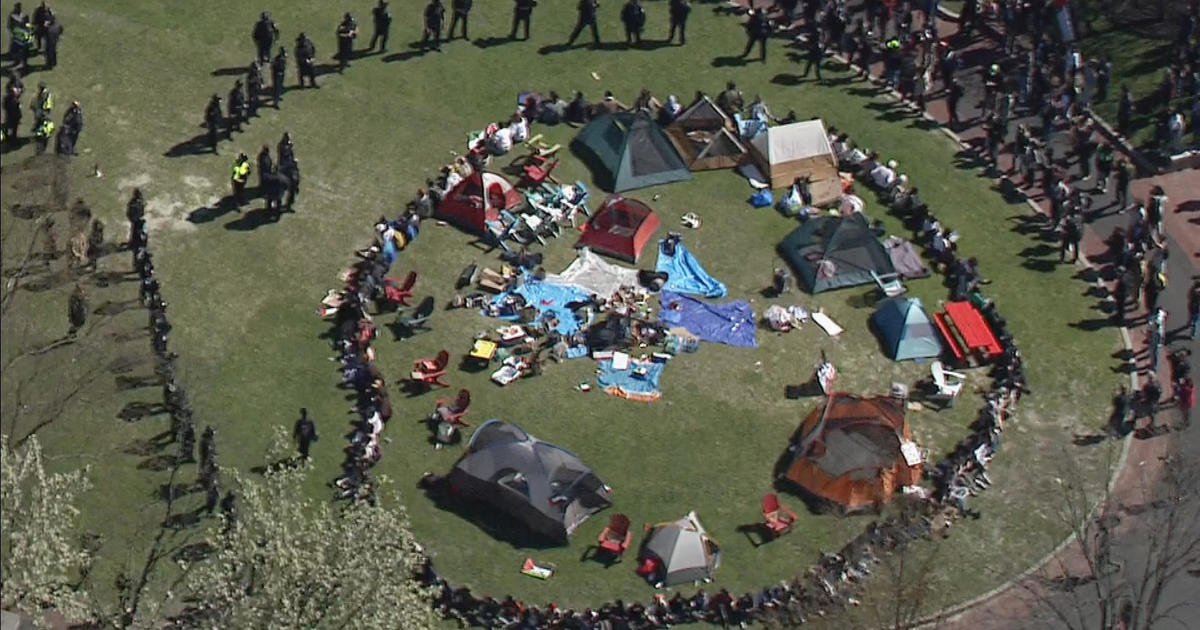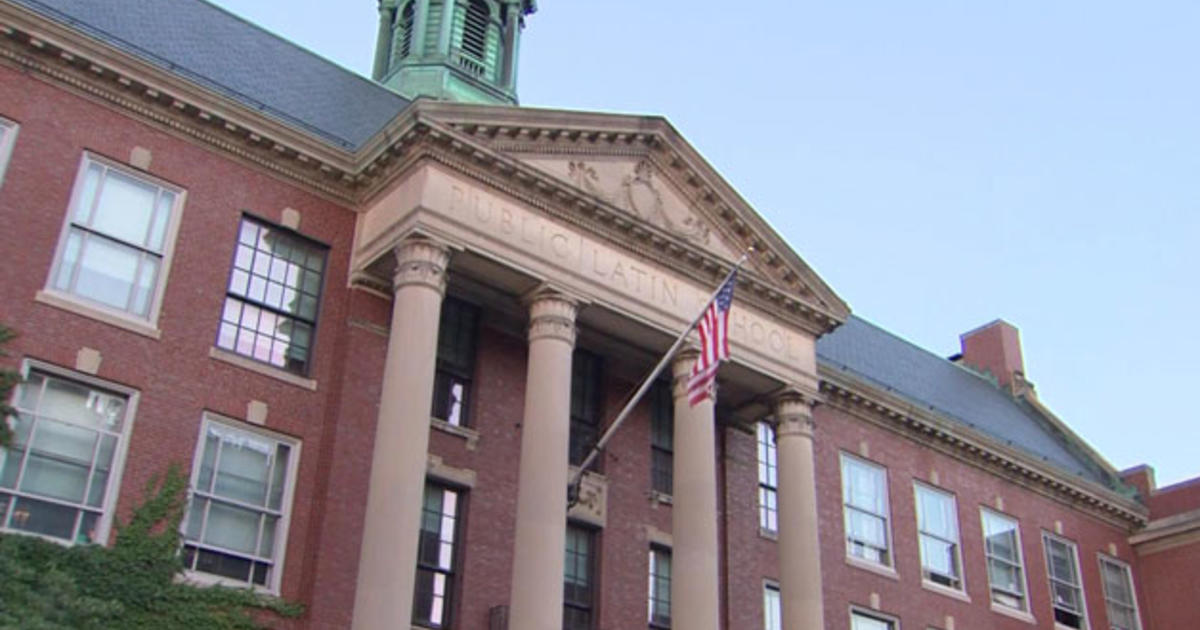Gun Laws In Massachusetts, New Hampshire Explained
BOSTON (CBS) -- Mass shootings often prompt gun law debates and reflection. Massachusetts is known for some of the toughest gun laws in the country, while just over the border in New Hampshire, the state has a more lenient approach on gun ownership. Here is a summary of gun laws in both states.
MASSACHUSETTS
Licensing. Aspiring gun owners in Massachusetts are required to apply for a Firearms Identification Card (FID) or a License to Carry (LTC). These licenses are valid for six years.
FIDs allow someone to buy, own, and travel with non-large-capacity rifles, shotguns, and ammunition.
An LTC is more involved and has two levels: Class A and Class B. Class A includes gun ownership and carrying rights of firearms (including large capacity ones), rifles and shotguns (including large capacity ones), feeding devices, and ammunition. Class B licenses don't cover large capacity firearms and concealed carry.
The licenses are typically $100.
Starting in 2021, there will no longer be separate Class A and Class B LTCs.
Age Minimum. Firearms Identification Card applicants must be 18 years old or 15 years old with parental consent.
You must be at least 21 years old to apply for a License to Carry.
Training. Anyone seeking to apply for a firearms license needs to take a safety course and become certified. The course is usually about a day long. The process of applying includes a state and federal background check, a fingerprint-based background check, and a check with the Department of Mental Health.
Assault Weapons. Assault weapons and large capacity feeding devices have been banned in Massachusetts for over 20 years. That includes AR-15 rifles -- the weapon used to kill 17 people at a school in Parkland, Florida last year.
In January of 2018, a Mass. law went into effect banning bump stocks, a device that enables semi-automatic rifles to mimic a fully automatic weapon. This was more than a year before a federal ban went into effect. The device was brought into the limelight after a 2017 massacre in Las Vegas where a gunman was able to kill 58 people by firing 1,000 rounds in 11 minutes, using a bump stock.
Approved Weapons. Dealers in Mass. may only sell firearms from an approved roster. Weapons that make the roster have been independently tested for safety.
Red Flag Law. Massachusetts is one of just over a dozen states to have a Red Flag Law, which allows for a family member or acquaintance of a gun owner to request that person's firearm be temporarily taken away if they are considered a danger to themselves or others. Within the first eight months of the law's existence, the court heard seven petitions and granted the requests six times, according to the Boston Globe.
NEW HAMPSHIRE
Concealed Carry. As of 2017, it is no longer necessary to have a license to carry a concealed pistol or revolver in New Hampshire. Exceptions to the law include if someone has committed a felony against another person or property, has been convicted of a felony under the New Hampshire Controlled Drug Act, or if someone has a valid domestic violence protection order.
Firearms are currently banned from inside Representatives Hall at the NH Statehouse.
Age Minimum. The state does not set its own minimum age to be a gun owner; federal law sets the limit for handgun ownership and possession at 18, but has no age provision for long guns.
Training. No safety training is required, according to the Concord Monitor.
Assault Weapons. Unlike Massachusetts, there is no mention of a ban on assault weapons or the use of a registry.



